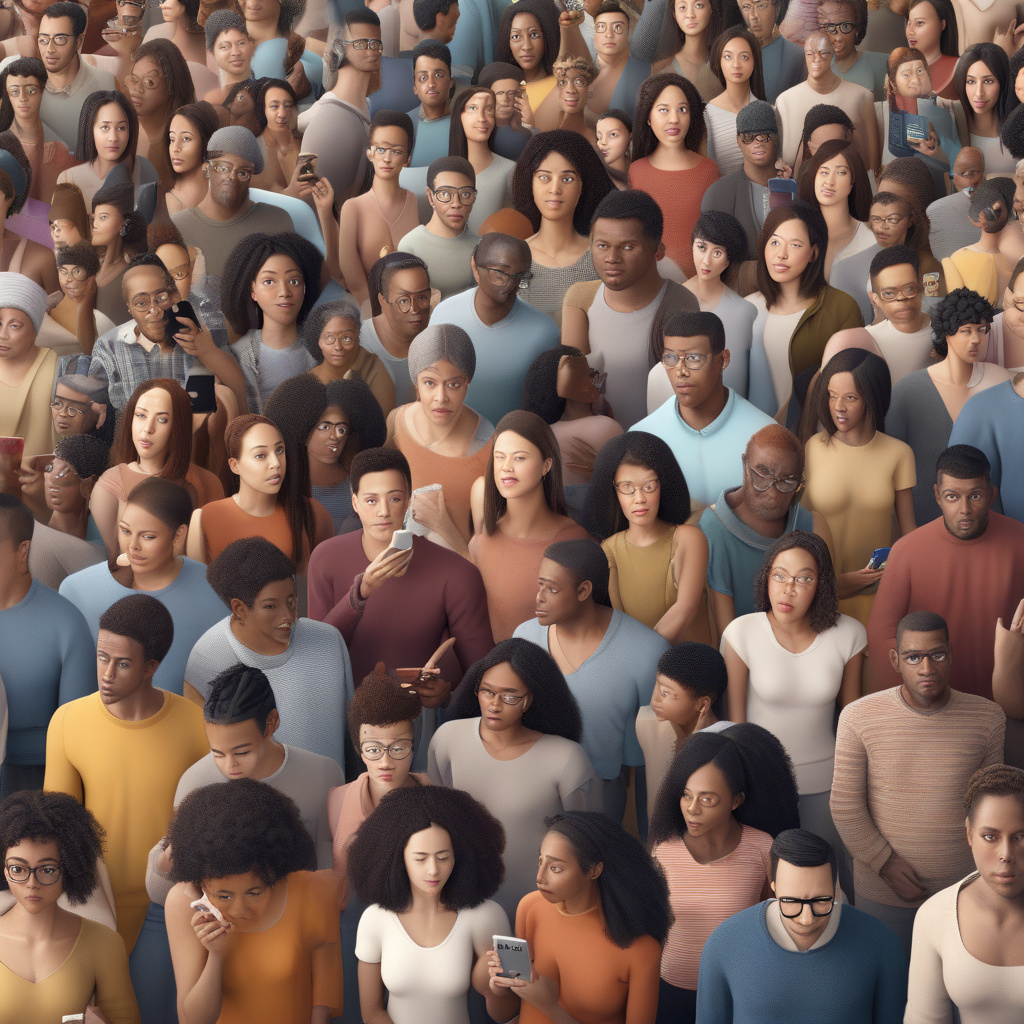In the age of social media dominance, artificial intelligence (AI) stands as the silent architect shaping our online experiences. From determining which posts appear on our feeds to predicting our next click, AI has seamlessly integrated itself into the very fabric of social media algorithms. This technological marvel analyzes vast amounts of data at lightning speed, learning our preferences, behaviors, and interests to tailor our digital interactions.
The implications of AI in social media algorithms are profound, touching upon various aspects of our online lives. One significant impact lies in content curation. AI algorithms sift through an immense volume of posts, images, and videos to deliver personalized content to users. By analyzing previous interactions and engagement patterns, AI ensures that users see content that aligns with their interests, keeping them engaged and active on the platform.
Moreover, AI plays a pivotal role in targeted advertising. Social media platforms leverage AI algorithms to serve users with relevant ads based on their online behavior and demographics. This level of precision not only benefits advertisers by reaching their target audience more effectively but also enhances the user experience by showcasing ads that are more likely to resonate with them.
Another implication of AI in social media algorithms is the issue of algorithmic bias. Since AI learns from historical data, it can unintentionally perpetuate biases present in the data. This can lead to discriminatory outcomes, such as showing certain groups of users more or less content based on their race, gender, or other characteristics. Addressing algorithmic bias is crucial to ensure fair and equitable treatment of all users on social media platforms.
Furthermore, AI-powered content moderation has become essential in combating harmful content such as hate speech, misinformation, and graphic imagery. AI algorithms can flag potentially problematic content for human review, enabling platforms to enforce community guidelines and maintain a safe online environment. While AI moderation is efficient at scale, striking a balance between free speech and content regulation remains a challenge.
In addition, AI in social media algorithms has implications for data privacy and security. The vast amount of user data processed by AI algorithms raises concerns about how this information is used, stored, and protected. Safeguarding user privacy and preventing data breaches are critical considerations as AI continues to shape the social media landscape.
Despite these complexities, the integration of AI in social media algorithms presents opportunities for innovation and growth. By harnessing the power of AI, social media platforms can enhance user experiences, drive engagement, and deliver value to both users and advertisers. As AI technologies evolve, so too will the implications for social media algorithms, paving the way for a more personalized and dynamic online ecosystem.
In conclusion, the implications of AI in social media algorithms are multifaceted, influencing content curation, targeted advertising, algorithmic bias, content moderation, data privacy, and security. As AI continues to advance, navigating these implications will be crucial for shaping a responsible and ethical social media landscape. Embracing the potential of AI while mitigating its risks is key to harnessing the full benefits of this transformative technology in the realm of social media algorithms.

